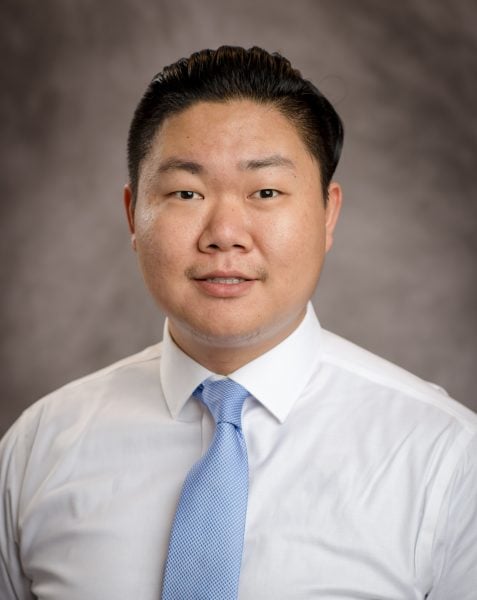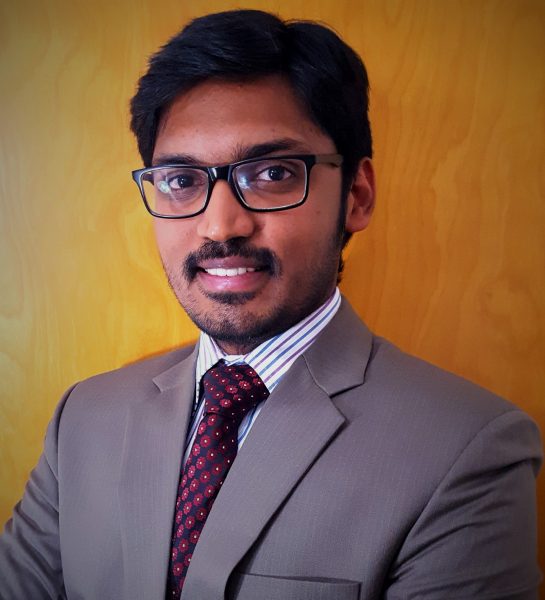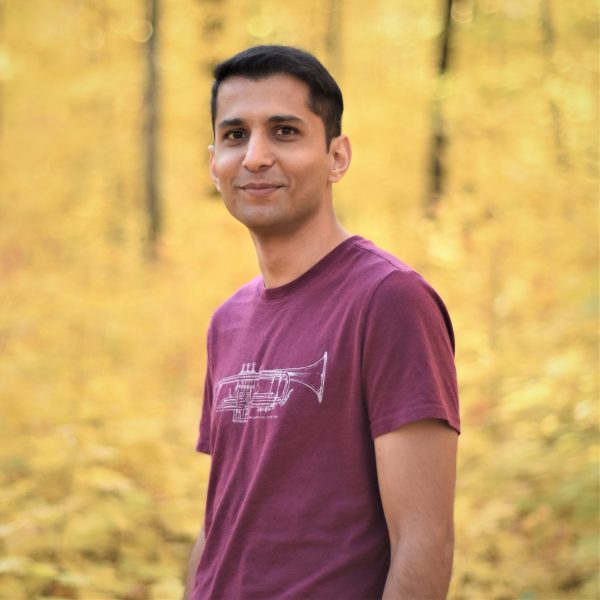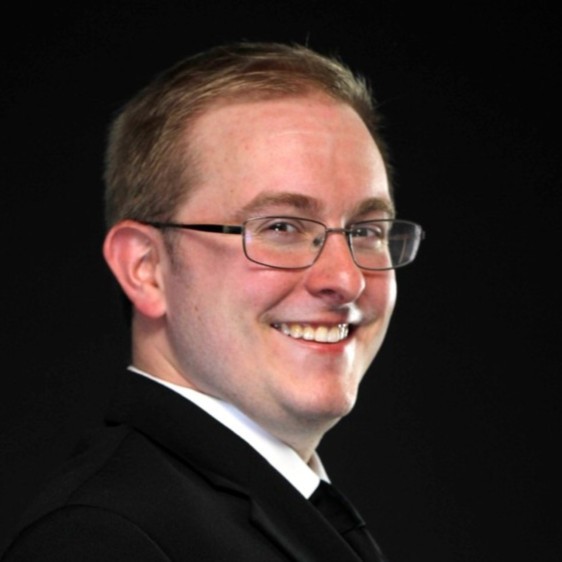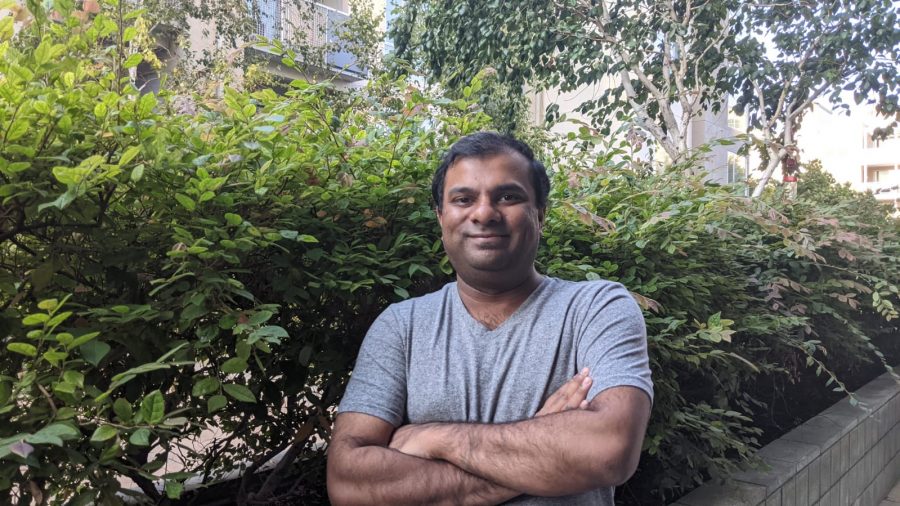I joined Michigan Technological University as a Ph.D. student in the Mechanical Engineering-Engineering Mechanics Department in Fall 2017. I obtained my Masters’ degree from Concordia University, Montreal, Canada, and a Bachelors’ degree from Bangladesh University of Engineering and Technology in Mechanical Engineering. Before I started pursuing my Ph.D., I was engaged as a faculty member in the Military Institute of Science and Technology in Bangladesh.
At Michigan Tech, I work at the Laboratory of Mechanics & Modeling of Advanced Materials under Dr. Trisha Sain’s supervision. We develop experimentally informed multiscale, coupled multiphysics continuum level models to predict the constitutive response of polymers and their composites: from the manufacturing stage to operational condition until failure. I mainly study the thermal aging and degradation of these materials in their operating environments at great detail. Our model predicts aging-related phenomena in these materials, such as oxidation-induced cracking, property degradation, ductile to brittle transformation, and the constitutive response changes.
I am grateful to the graduate school of MTU for the financial support through the doctoral finishing fellowship for the fall semester. This aid will surely help me to complete my thesis on time.

